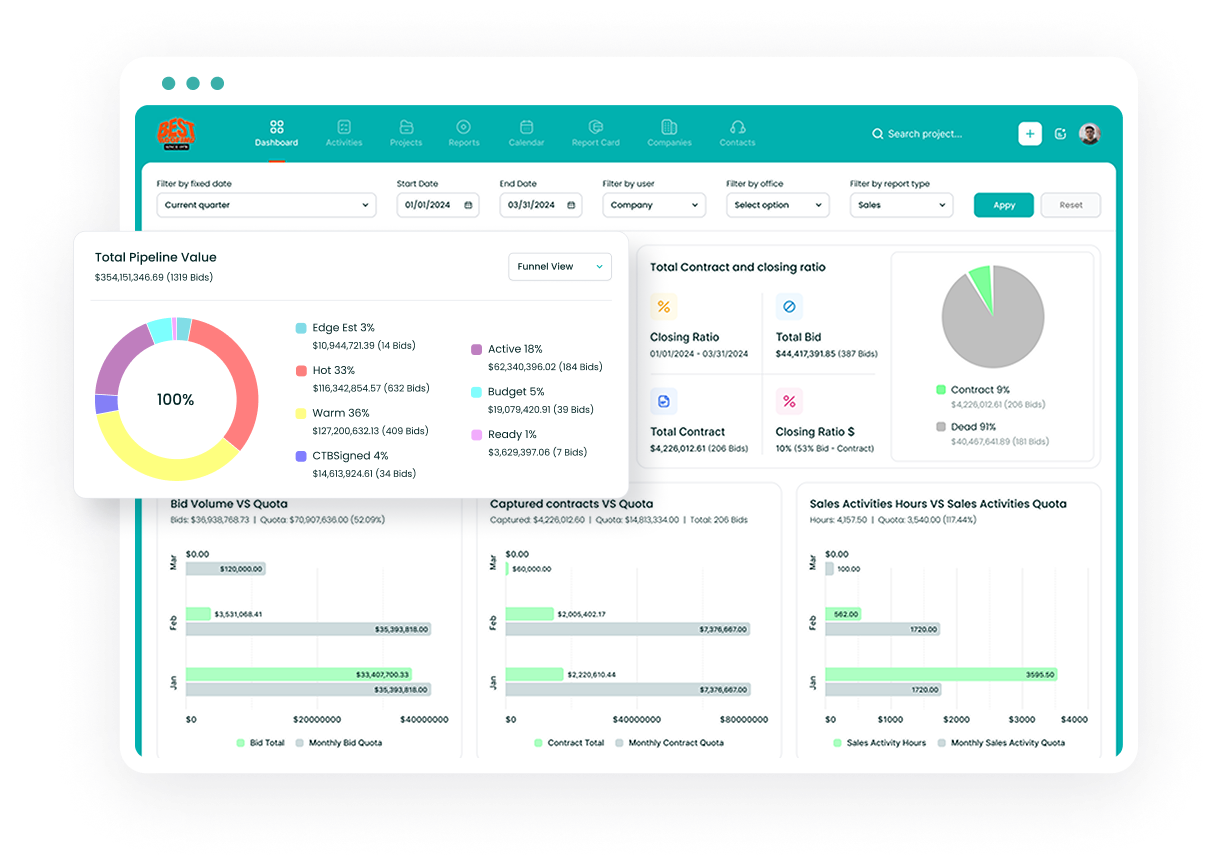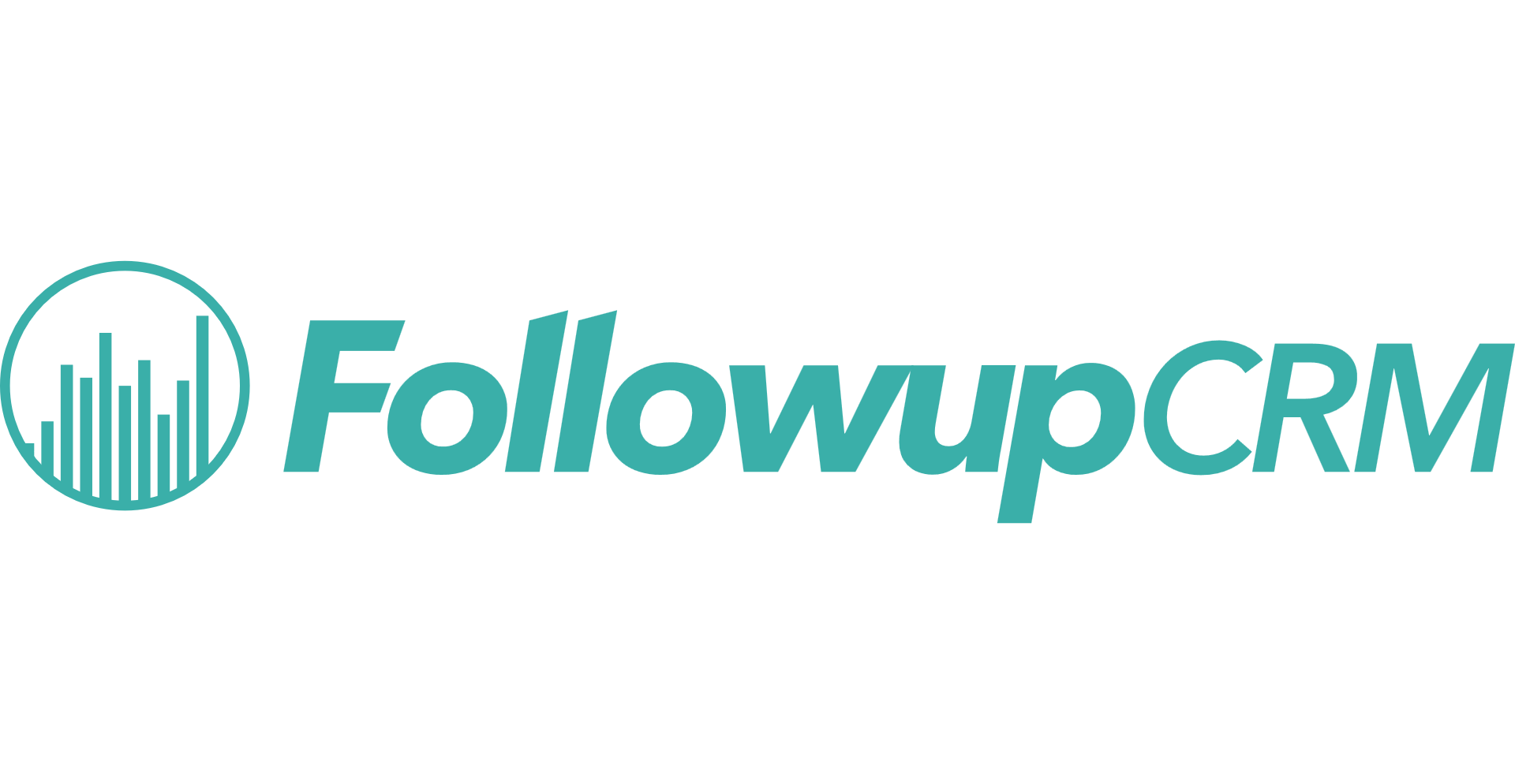Jobber vs Markate
Field service management software has revolutionized how contractors and service businesses operate in the digital age. Two standout platforms, Jobber and Markate, offer distinct approaches to streamline operations for service-based businesses. While sharing core functionalities, these platforms differ significantly in their feature depth, pricing structures, and target demographics. This detailed comparison examines their unique characteristics and helps businesses make informed decisions about which platform best suits their needs.
Understanding the Evolution of Modern Service Management Platforms
Jobber emerged from Edmonton, Canada in 2011, quickly establishing itself as a dominant force in the field service software industry. Their unwavering focus on home service businesses has enabled them to develop specialized expertise and create a platform that addresses the specific challenges faced by this sector. Through years of innovation and feature development, Jobber continues to maintain its position as an industry leader.
Markate represents a fresh perspective in the field service software landscape. As a newer entrant, they have successfully carved out their niche by offering streamlined solutions that particularly appeal to smaller operations and individual service providers. Their rapid growth demonstrates strong market demand for simplified, accessible service management tools that prioritize user experience over complex features.
Essential Features and Capabilities for Service Business Success
The feature sets of both platforms reflect their unique approaches to service management. Jobber delivers a comprehensive suite of tools that extends beyond basic functionality, incorporating advanced features like route optimization and detailed client portals. Their platform emphasizes automation and efficiency across all operational aspects, making it particularly suitable for growing businesses with complex needs.
Markate adopts a more focused approach, delivering core functionalities with exceptional clarity and simplicity. Their platform prioritizes essential features that small businesses use daily, ensuring these tools work seamlessly without overwhelming users with unnecessary complexity. This streamlined approach resonates strongly with independent operators and small teams transitioning from manual systems.
Both platforms offer robust mobile capabilities that address the following critical needs:
- Real-time schedule management and modifications
- Comprehensive customer information access
- Photo and documentation management tools
- Time and expense tracking functionality
- Digital payment processing solutions
- Offline capabilities with automatic synchronization
Pricing Models and Value Propositions for Different Business Sizes
Understanding the financial implications of implementing service management software remains crucial for businesses of all sizes. Jobber structures its pricing into three distinct tiers, enabling businesses to scale their software investment alongside their growth. The Core plan starts at $49 monthly for individual operators, while the Connect and Grow plans accommodate larger teams with expanded feature sets and capabilities.
Markate maintains a different pricing philosophy, offering a lower entry point at approximately $39 monthly for single users. This pricing strategy aligns perfectly with their focus on smaller operations and independent service providers. Their transparent pricing model appeals to businesses seeking cost-effective solutions without sacrificing essential functionality.
User Experience Design and Interface Optimization
The user interface design philosophy of both platforms prioritizes accessibility and efficiency, though they implement these principles differently. Jobber creates a polished, professional environment that organizes complex functionality into intuitive workflows. Their design choices demonstrate deep understanding of how field service professionals interact with software throughout their workday.
Markate emphasizes simplicity in their interface design, creating a straightforward user experience that requires minimal training. This approach particularly benefits businesses transitioning from manual systems to digital solutions. The platform maintains a clean, uncluttered appearance while ensuring essential functions remain readily accessible.
Integration Capabilities and Business Tool Ecosystem
Modern service businesses rely heavily on multiple software solutions to operate effectively. Jobber recognizes this reality by offering extensive integration options with popular business tools and platforms. Their comprehensive integration ecosystem supports various business needs and operational requirements.
Markate maintains a more focused approach to integrations, prioritizing essential business connections that deliver immediate value to their target market. This streamlined integration strategy ensures small businesses can easily connect their most critical tools without becoming overwhelmed by unnecessary options.
Performance Analytics and Business Intelligence Solutions
Data-driven decision-making capabilities distinguish modern service management platforms in meaningful ways. Jobber provides extensive reporting tools that generate actionable insights across multiple business aspects. Their analytics suite enables businesses to track performance metrics, identify trends, and make informed operational decisions with confidence.
Markate offers essential reporting functionality focused on key performance indicators most relevant to small service businesses. Their approach to analytics emphasizes clarity and practical utility, delivering insights that directly inform day-to-day operations and business planning decisions.
Mobile Optimization Strategies for Field Operations
The mobile experience represents a critical aspect of field service software functionality in today's increasingly mobile-first world. Jobber's mobile application provides comprehensive field operation support, enabling teams to manage their entire workflow from mobile devices. The application maintains functionality even without internet connectivity, automatically synchronizing data when connections are restored.
Markate's mobile solution focuses on essential field operations, ensuring reliable performance of core functions like scheduling, customer information access, and payment processing. Their streamlined approach to mobile functionality aligns with their overall philosophy of simplicity and efficiency.
Security Infrastructure and System Reliability
Both platforms implement robust security measures to protect sensitive business and customer data. Jobber maintains industry-standard security protocols, including encrypted data transmission and secure cloud storage. Their platform demonstrates exceptional uptime rates, ensuring businesses can access critical information whenever needed.
Markate implements comprehensive security measures while prioritizing system stability and regular backups. Their newer infrastructure occasionally requires updates and maintenance windows, but these are carefully scheduled to minimize disruption to business operations.
Training Resources and Implementation Support
Jobber demonstrates a robust approach to training and implementation through their comprehensive support infrastructure. Their guided onboarding process includes extensive video tutorials, a detailed knowledge base, and live support options available around the clock. The platform offers regular webinars and training sessions to help users master advanced features, while their dedicated support team combines technical expertise with industry knowledge to provide contextually relevant solutions.
Markate adopts a more streamlined approach to training that aligns with their focus on smaller businesses. Their support team operates during standard business hours, providing focused assistance through phone, email, and live chat channels. The platform includes step-by-step setup guides, quick video demonstrations, and dedicated experts who guide users through the implementation process.
Both platforms have developed structured training programs that address various learning needs and business requirements, offering the following comprehensive support elements:
- Jobber provides extensive onboarding support with dedicated specialists who guide businesses through the setup process.
- Markate offers personalized training sessions that focus on essential features most relevant to small business operations.
- Both platforms maintain comprehensive knowledge bases and video tutorials for self-paced learning.
- Regular webinars and workshops address advanced features and emerging industry trends.
- Ongoing support ensures businesses can maximize their software investment long-term.
Future-Focused Development and Innovation
Both platforms demonstrate strong commitment to continuous improvement and feature development. Jobber regularly introduces new capabilities based on user feedback and industry trends, ensuring their platform evolves alongside business needs. Their development team focuses on scalability and advanced automation features that support business growth.
Markate maintains a steady development pace, prioritizing refinements to core features and user experience improvements. Their updates focus on enhancing existing functionality rather than adding complex new features, ensuring their platform remains accessible and efficient for their target market.
Customer Success and Support Infrastructure
Professional support systems play a crucial role in software implementation and ongoing usage. Jobber maintains a comprehensive support infrastructure that operates around the clock, ensuring users can access assistance whenever needed. Their support team combines technical expertise with industry knowledge, enabling them to provide contextually relevant solutions to user challenges.
Markate provides focused support during standard business hours, complemented by self-service resources and documentation. While their support system may be less extensive than Jobber's, it effectively serves their target market of smaller businesses with straightforward support needs.
Team Communication and Collaboration Efficiency
Effective team communication stands at the heart of successful field service operations. Both platforms recognize this critical need and provide robust tools to facilitate seamless interaction between office staff and field teams. Jobber's comprehensive communication suite includes internal chat features, team notifications, and collaborative scheduling tools that keep everyone aligned on daily operations.
Markate approaches team communication with characteristic simplicity, offering straightforward messaging and status update features. Their platform ensures field teams can easily coordinate with office staff while maintaining focus on their primary tasks. This streamlined approach particularly benefits smaller teams where direct communication is essential.
Advanced Scheduling and Resource Management Techniques
The sophisticated scheduling capabilities of these platforms demonstrate significant evolution in service management technology. Jobber's advanced scheduling system incorporates multiple variables, including team availability, travel time, and service duration, to optimize daily operations. Their platform automatically adjusts schedules when unexpected changes occur, ensuring smooth workflow continuation.
Markate's scheduling interface focuses on essential functionality while maintaining exceptional ease of use. The platform excels at basic scheduling tasks, making it particularly suitable for businesses with straightforward scheduling needs. Their system effectively handles common scheduling scenarios while avoiding unnecessary complexity.
Strategic Business Development and Growth Planning
Both Jobber and Markate provide essential tools for strategic business expansion, though their approaches differ significantly. Jobber offers comprehensive analytics and marketing features that support sophisticated growth strategies, while Markate delivers streamlined tools focused on fundamental business development needs. Their platforms enable businesses to implement systematic approaches to expansion while maintaining service quality and operational efficiency.
The following strategic initiatives leverage both platforms' capabilities to drive sustainable business growth and development:
- Implementing comprehensive customer feedback systems enhances service quality and drives business growth through targeted improvements.
- Developing structured marketing campaigns using integrated tools helps establish a stronger market presence and attract new clients consistently.
- Utilizing data analytics to identify peak service periods enables better resource allocation and capacity planning.
- Creating standardized service packages based on historical data optimizes pricing strategies and improves profit margins.
- Establishing automated follow-up processes strengthens customer relationships and generates repeat business opportunities.
Quality Assurance and Service Standards Implementation
Quality control processes require careful attention to detail and consistent monitoring. Both platforms offer tools to maintain high service standards, though their approaches differ significantly. Jobber provides extensive quality control features, including detailed checklists, photo documentation requirements, and comprehensive service verification processes.
Markate implements quality assurance tools that focus on essential verification steps and basic documentation requirements. Their straightforward approach helps smaller operations maintain consistent service quality without overwhelming administrative overhead. The platform includes basic photo documentation and simple checklists that ensure service completion meets established standards.
Choosing the Right Field Service Management Solution for Business Success
Selecting appropriate service management software significantly impacts operational efficiency and growth potential. The choice between Jobber and Markate depends largely on business size, operational complexity, and specific industry requirements. Small businesses often find Markate's streamlined approach and lower price point particularly attractive, while growing operations frequently benefit from Jobber's comprehensive feature set.
Understanding current needs while anticipating future requirements helps businesses make informed decisions about their software investment. Both platforms offer distinct advantages that cater to different operational styles and business objectives. Regular evaluation of business needs and software utilization ensures optimal return on technology investments.
The implementation of either platform marks a significant step toward improved operational efficiency and customer satisfaction. Careful consideration of team size, service complexity, and growth objectives guides businesses toward the most suitable solution for their specific circumstances. Successful adoption of field service management software transforms daily operations and positions businesses for sustainable growth in an increasingly competitive market.
Sources: [1] https://getjobber.com/features/ [2] https://www.markate.com [3] https://www3.technologyevaluation.com/solutions/54183/jobber [4] https://getjobber.com/comparison/jobber-vs-markate/ [5] https://getjobber.com/industries/construction-management-software/ [6] https://www.youtube.com/watch?v=M0gaVAzx8vA [7] https://www.capterra.com/p/173150/Markate/ [8] https://www.saasworthy.com/compare/jobber-vs-markate?pIds=2322%2C3947
The CRM Built For Construction Companies
No more disorganized data. Track your leads, bids, and customers all in one place.
Seamless Integration with:
✅ Foundation ✅ Viewpoint ✅ Sage and more

Request a Live Demo Now
Learn more about how Followup CRM can help your construction company grow.







